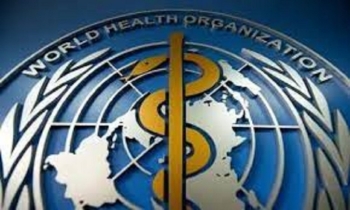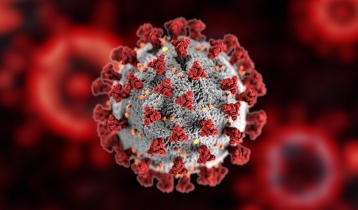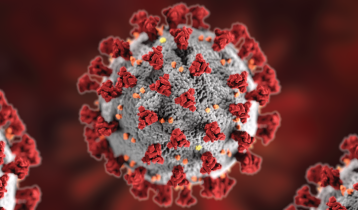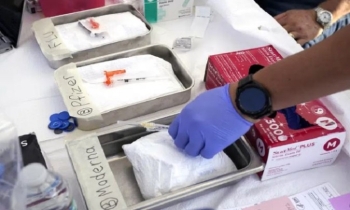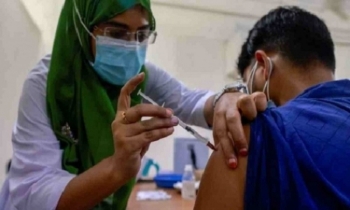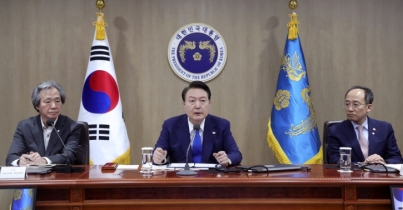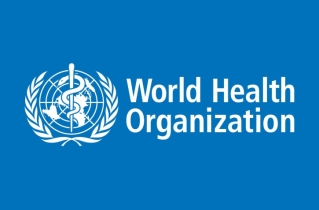WTO for zero tariffs on Covid-19 medical goods amid fresh spike of coronavirus in Europe, elsewhere
BI Report || BusinessInsider
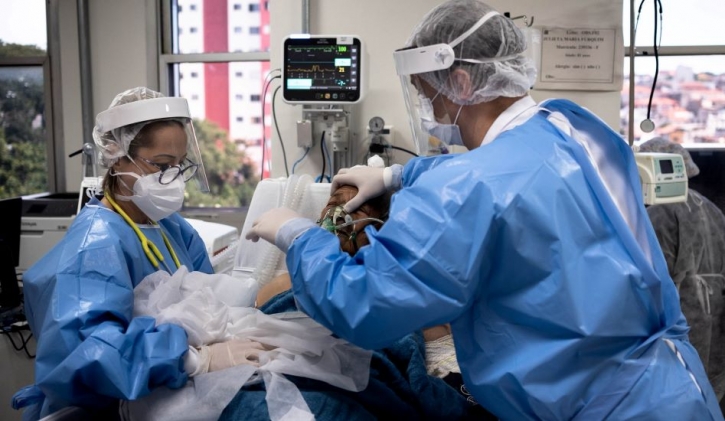
Representational image. Photo courtesy: Wikipedia
The World Trade Organisation's ‘Committee on Market Access’ has suggested that the member nations ease importation and supply of certain medical and hygiene goods central to the COVID-19 response to keep on fighting recurring coronavirus cases across the world.
A group of WTO members shared practices on measures aimed at easing trade in COVID-19 goods under the purview of the Committee, including in relation to tariff suspensions, reductions or eliminations.
The committee came up with the resolution that the medical supplies and hygiene goods could be brought to zero most-favoured nation (MFN) tariffs under the Harmonized System (HS) classification list of COVID-19 medical supplies.
The decision followed as fresh spike has been reported in large part of Europe and many other countries recently, across the globe, according to reports.
Australia, Dominican Republic, Paraguay, New Zealand, Japan, Canada, the European Union, Uruguay, Cameroon, the United Kingdom and Norway took the floor to share their experiences and lessons learned since the pandemic outbreak in early 2020 at WTO headquarters in Switzerland on Monday, according to WTO official website.
These members explained the diverse trade policy decisions they took to ensure that their populations and the rest of the world could have access to products essential to save lives and to limit disruptions to supply and distribution of these goods.
The subsequent presentations highlighted concrete trade measures taken in the context of the pandemic in order to ease the importation and supply of certain medical and hygiene goods central to the COVID-19 response, such as suspension of domestic duties, tariff concessions, simplification of customs procedures at ports and airports, and relaxation of import regulations and standards.
The members explained the choices underpinning these measures as well as their duration and impact. They agreed on the importance of adopting a flexible and non-prescriptive approach to the definition of goods that could have an impact on COVID-19 recovery.
The session was also the opportunity to identify the entities and sectors that could benefit from trade-easing measures, including customs officials who went through a comprehensive overhaul of their working environment, and to draw on lessons learned to do things differently in future crises.
Members recognized the importance of the work in various WTO councils and committees, such as the Committee on Agriculture, the Sanitary and Phytosanitary Measures Committee and the Trade Facilitation Committee. Moreover, members stressed the role of the rules-based multilateral trading system in underpinning the global response to the pandemic by further reducing tariffs on vaccine inputs, facilitating the smooth operation of supply chains and minimizing trading costs. Considerable progress was acknowledged but some members noted that more could be done with regards to tariffs that may still be having an impact on access, affordability and accessibility to vaccine production in some countries.
The experience-sharing session followed on from two previous sessions organized by the Committee on Market Access. The first session on 4 March addressed two main topics: the definition of lists of essential goods to fight the pandemic and challenges related to tariff classification. In the second session on 26 April, members reported on how they monitored and measured trade in essential goods to combat the pandemic and discussed ways to improve data collection at a time of crisis. In addition, they explored how to promote greater international cooperation to better track the trade flows of value chains for manufacturing essential COVID-19-related products.
The Chair of the Committee, Kenya Uehara of Japan, recalled that the Secretariat regularly compiles and summarizes the relevant information contained in the communications notified by members with information on trade-easing measures as well as other measures by members as part of the WTO's Trade Monitoring Exercise
"We have seen the reasoning behind these measures, how they were targeted and what the results have been. In addition, we have seen how these and other measures might be used for future emergencies," he said.
As part of the topics identified by members in which the Committee could facilitate further discussions at the technical level, a fourth session will take place on 16 September. Members will discuss how to improve transparency in export restrictions as well as sharing of experiences with respect to the choices underpinning the use of such restrictions.

